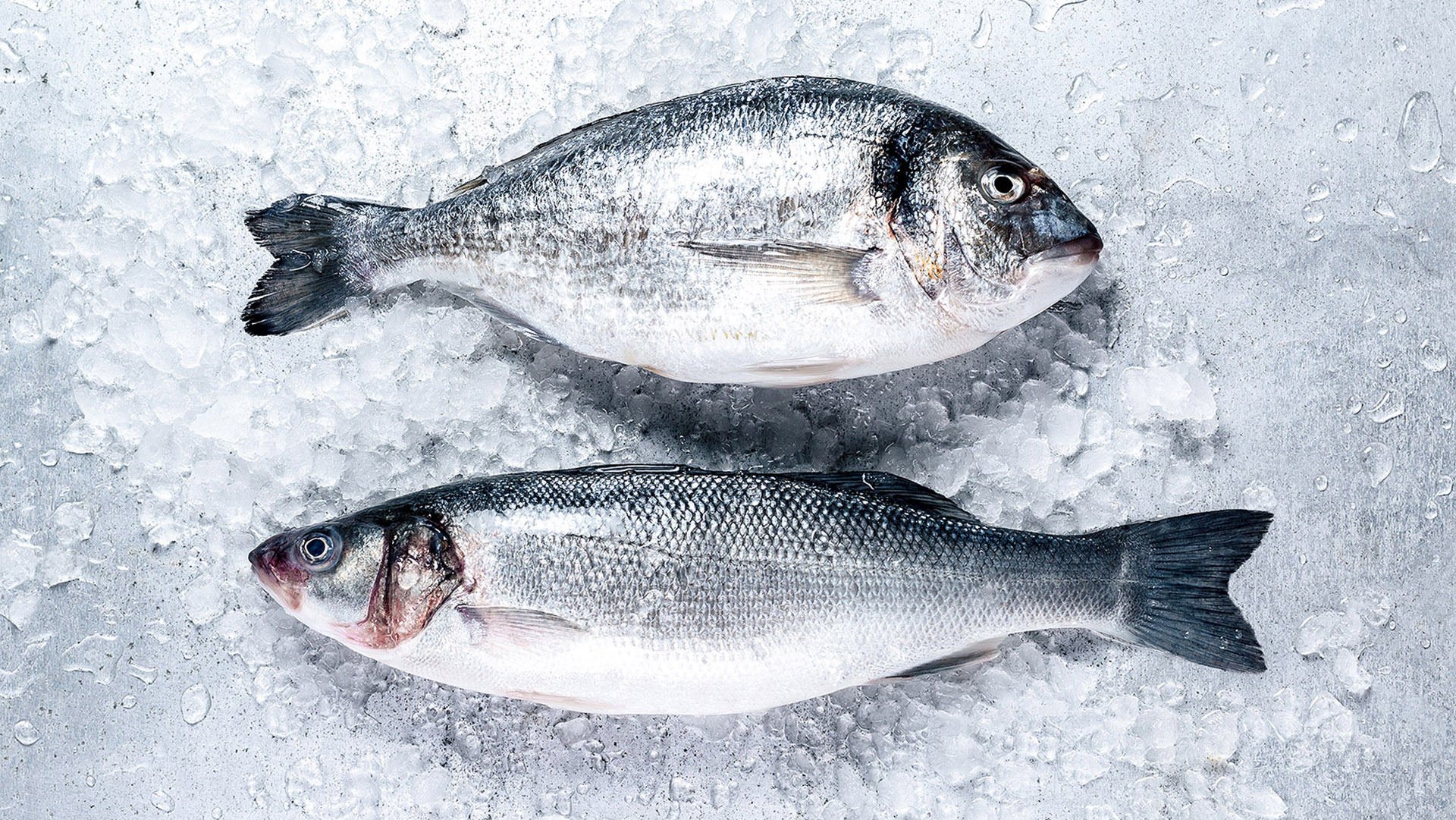Doctors Do Not Recommend It In Vain
Omega 3 in fish oil helps to balance blood cholesterol levels and protect vascular structure. With this effect, fish oil supplementation contributes to protection from diseases such as atherosclerosis (hardening of the arteries), high cholesterol, heart attack and stroke. At the same time, what do the doctors say? They say eat fish at least once a week. It is recommended to eat fish at least once a week, not only for children but also for adults. Fish oil is very, very important for forgetfulness, especially after middle age. It is necessary to eat a lot of fish for brain development.
.jpg)
There is a bit of irony when we say brain development, of course, in these words. Of course, it is not necessary to eat fish to see the truth and to use our minds. You do not need to drink liters of fish oil to see the advantages of plastic. Fish oil looked like it would not work and said to himself, let me contribute to the plastic as well.
Polyurethanes, a type of plastic, are used in shoes, clothing, refrigerators and almost every building material. Researchers are investigating whether polyurethanes derived from fish waste (heads, bones, skin and guts) could be a biodegradable alternative. A fish oil-based polyurethane, if successfully developed, could help meet the need for sustainable plastics, says the project's principal investigator, Francesca Kerton. To make the new material, Kerton's team started with oil extracted from the remains of Atlantic salmon after the fish was prepared for sale to consumers. Previously, he developed new polyurethanes that used plant-derived oils to replace petroleum. However, they also have a downside: Crops that produce the oil, usually soybeans, require soil. Leftover fish impressed Kerton as a promising alternative. Salmon farming is an important industry for coastal Newfoundland, where its university is located. After the fish is processed, the remaining parts are usually discarded, but sometimes oil is extracted from them. Kerton and colleagues developed a process for converting this fish oil into a polyurethane-like polymer. First, they added oxygen to the unsaturated oil in a controlled manner to form epoxides, which are molecules similar to those in epoxy resin. After reacting these epoxides with carbon dioxide, they combined the resulting molecules with nitrogen-containing amines to form the new material.
.jpg)
Now, we think that there will be many questions about these plastics produced from fish oil. For example, does the plastic produced smell of fish? What a good question isn't it? “When we start the treatment with fish oil, there is a slight fishy smell, but as you go through the steps, that smell disappears,” Kerton says.
Whether it smells or not, if it works, it will definitely be evaluated in a suitable area. The plastics industry works on every subject that will add value to human beings and produces benefits. Doctors recommend fish oil and say it is important for human health. We say that we should eat more fish for human health and a sustainable world. Let's eat so that we can even benefit from fish waste. We respect those who say it's not a pity for fish.



